Christie’s under fire for auctioning Nazi’s widow’s jewels
A sapphire and diamond necklace that has an estimated sale price of some $1.5 million was acquired at the elite Van Cleef & Arpels.
Worn to the Met Gala, the shimmering piece would have surely turn heads.
But Nazi origins creating the fortune that made the original purchase of this shimmering necklace possible may repel to some.
This is one of 700 jewels being put up for auction by Christie’s beginning online May 3 and in person May 10.
Expected to gross $150 million — aided by items such as a jadeite and diamond necklace with a high-water price of $16.5 million — this auction promises to be one of the biggest jewelry sales in history.
But the sparkle of such an event is shadowed by dark circumstances surrounding it.
Items hitting the block all come from the collection of the late Heidi Horten, who died in 2022.
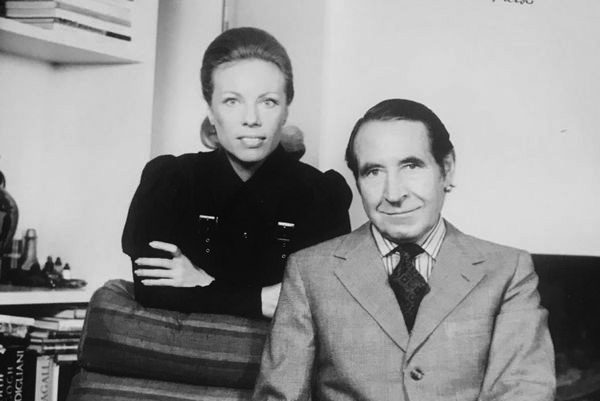
Her husband, Helmut — dead since 1987, supposedly laid the foundation for his impressive department-store fortune by purchasing businesses from German Jews who were forced to sell during World War II.
Horten is believed to have purchased valuable enterprises at significant discounts.
But none of the jewels were looted during World War II — they were all purchased from legitimate sellers.
“His profiteering began in 1936,” David De Jong, author of “Nazi Billionaires: The Dark History of Germany’s Wealthiest Dynasties,” told The Post.
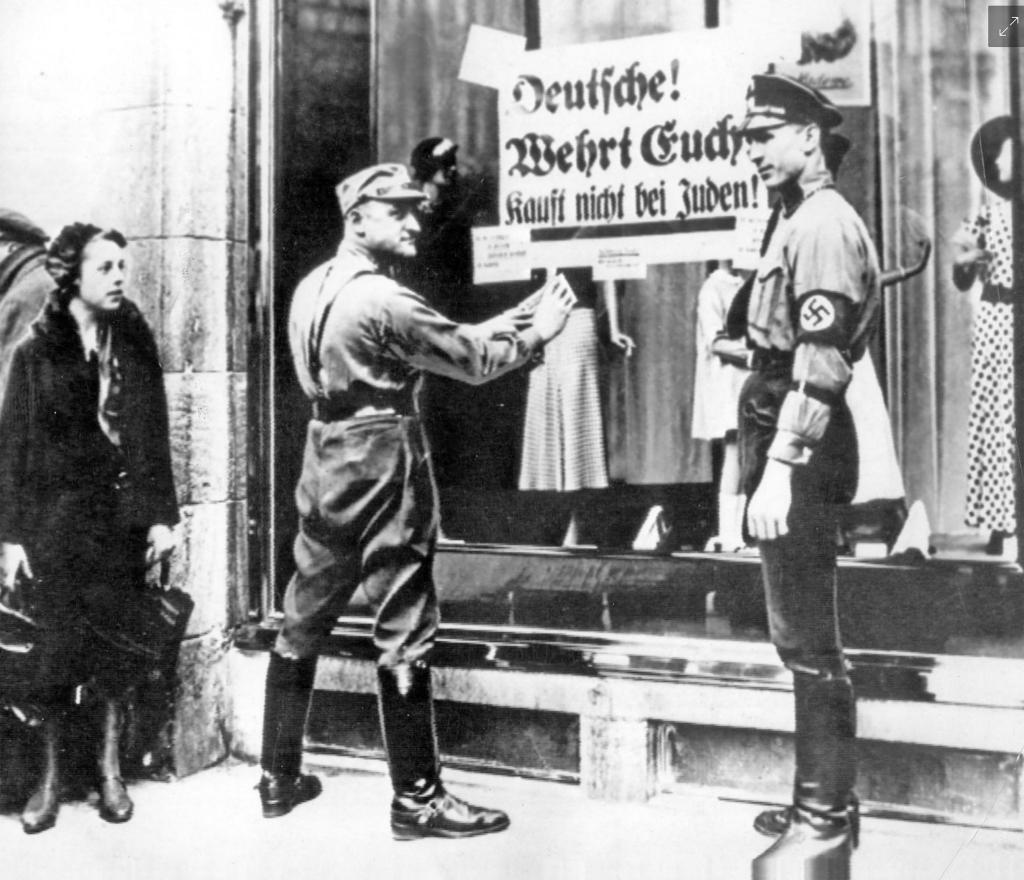
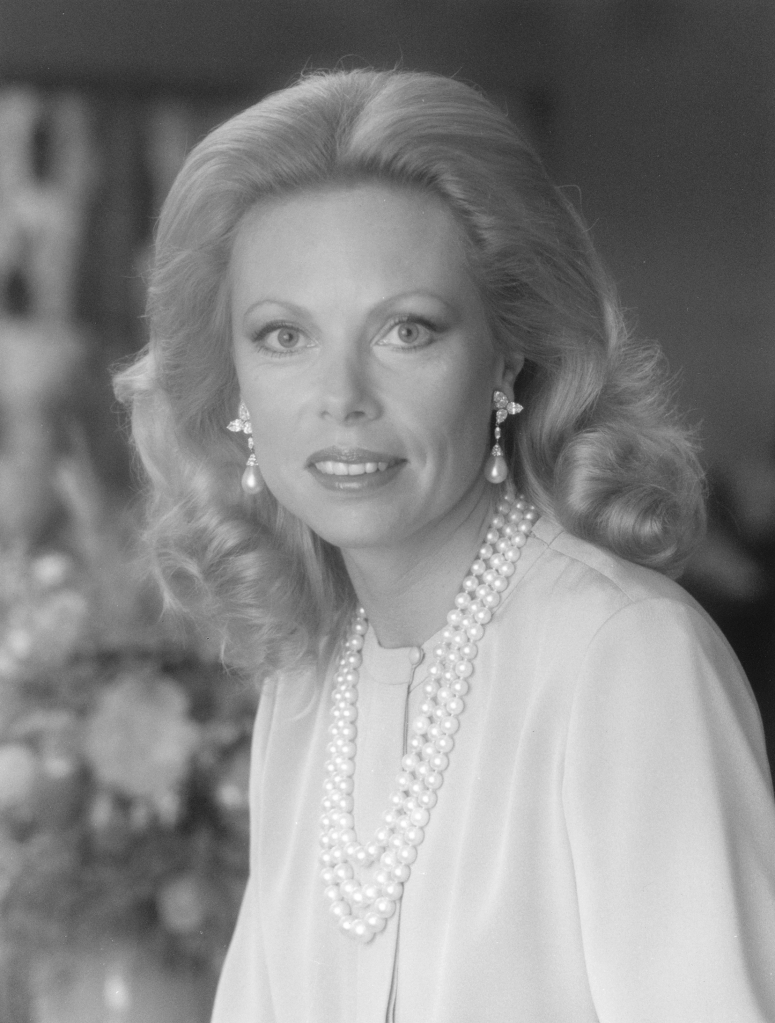
De Jong explained that Horten’s first acquisition was a modest department store, purchased from his Jewish employer, in 1933.
The owner felt pressured to flee Germany and nevertheless sold the business at a fair price.
But that was an exception.
“Horten would often buy businesses for 65 percent of their value. Nazi authorities would be intermediaries in the sales. Plus Horten had a banker working for him as a middleman. Jewish families sold their companies to get the hell out of Germany.”
Horten built his eponymous department store empire through a process known as Aryanization: Jews being forced to sell their businesses to Aryans at cut-rate prices.
“They were coerced by authorities or by Horten himself,” said De Jong. “They sold cheaply or lost their businesses.”
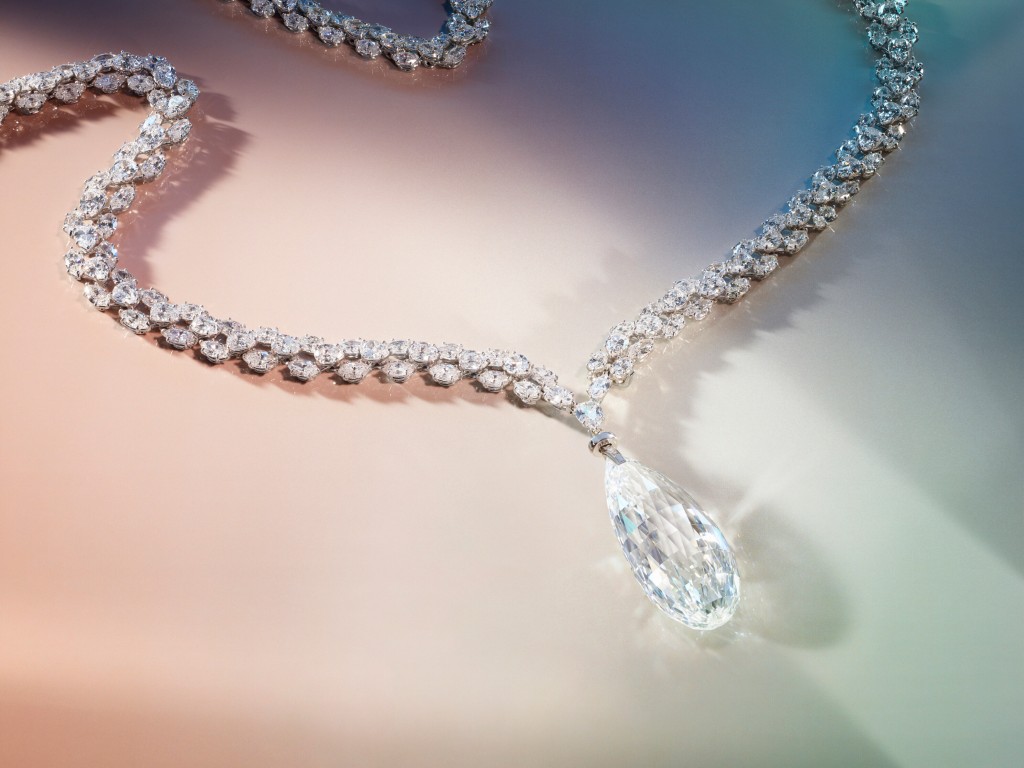
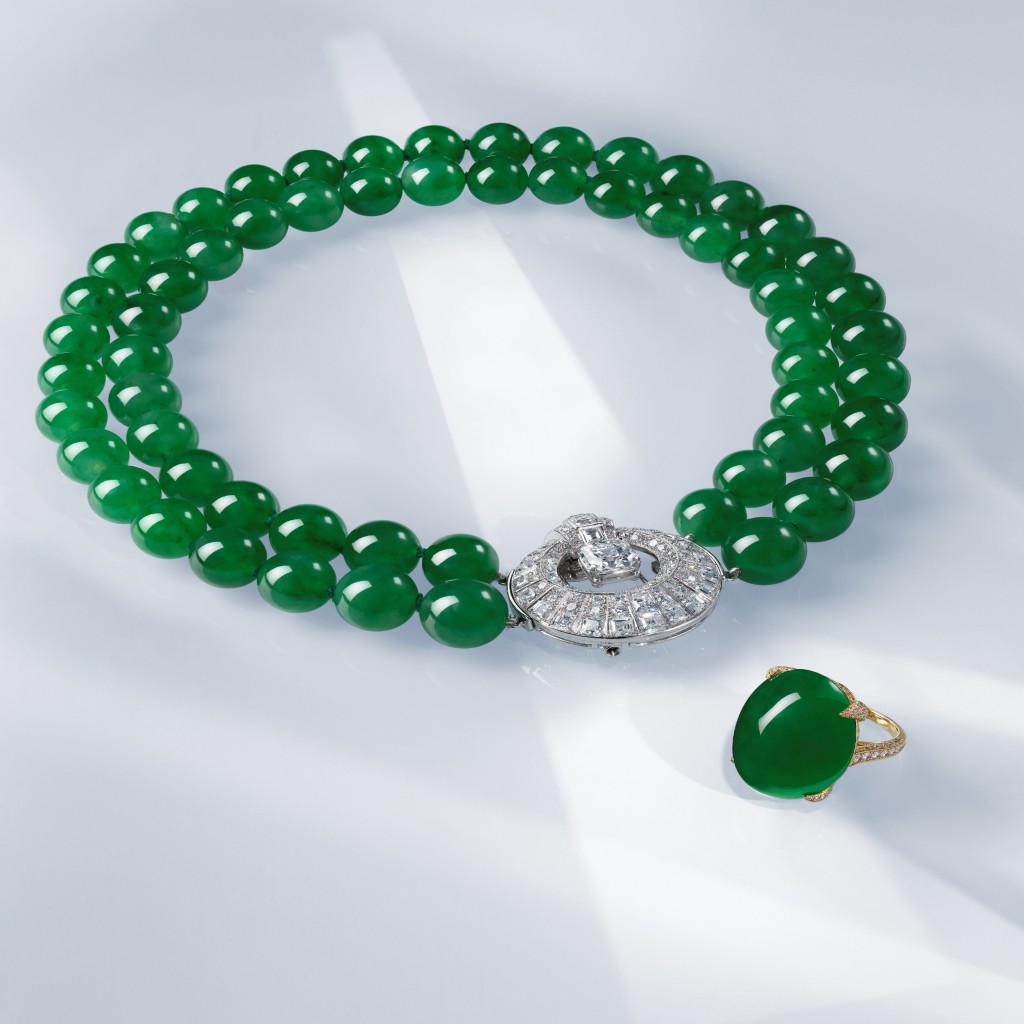
Following purchases, Horten took out newspaper advertisements, bragging that the businesses were now under Aryan ownership.
The department store magnate was not exactly a World War II innocent — even if he did not buy into Hitler’s promises.
“He became a member of the Nazi party in 1937; he had close ties,” said De Jong. “But he did not have Nazi ideology. He was interested in expanding his business empire.
“He was a sheer opportunist who saw an opportunity to grow from a small business owner to a department store mogul by the end of World War II. He expanded from Germany into German-occupied territories” to score businesses on the cheap.
Stéphanie Stephan knows all too well about the impact that Horten’s dirty dealings had on those he victimized.
Her father, Reinhold Stephan, worked for the largest department store in Amsterdam.
Horten had set his sights on the enterprise.
“Horten developed a routine for seizing Jewish businesses,” Stephan, author of “Politically Unreliable,” which chronicles Horten’s property grabs, told The Post.
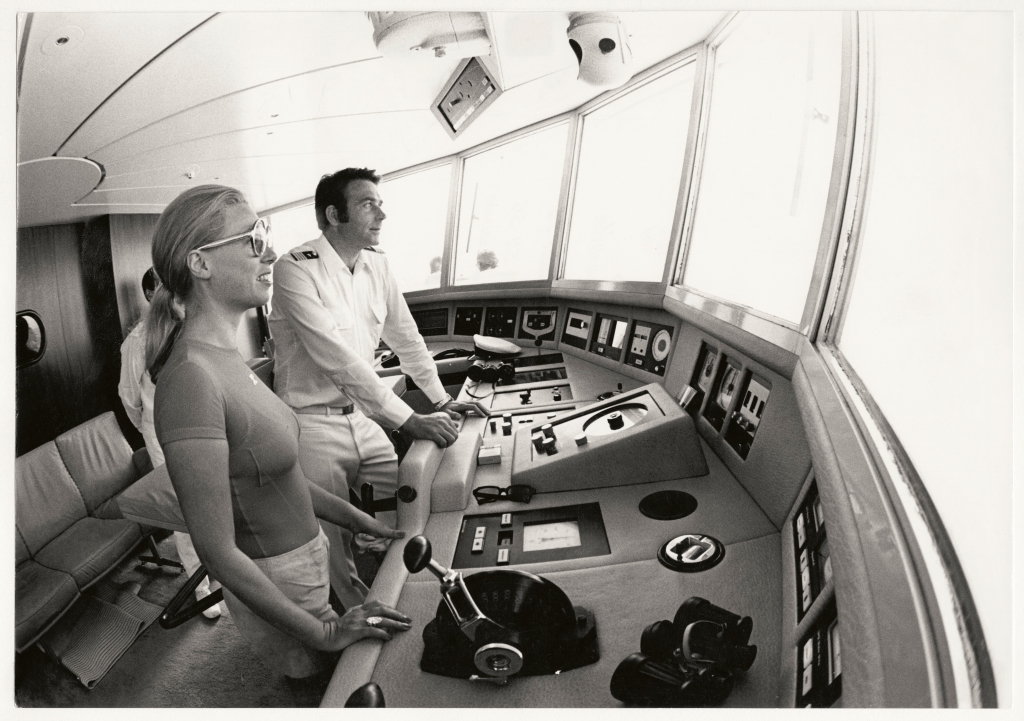
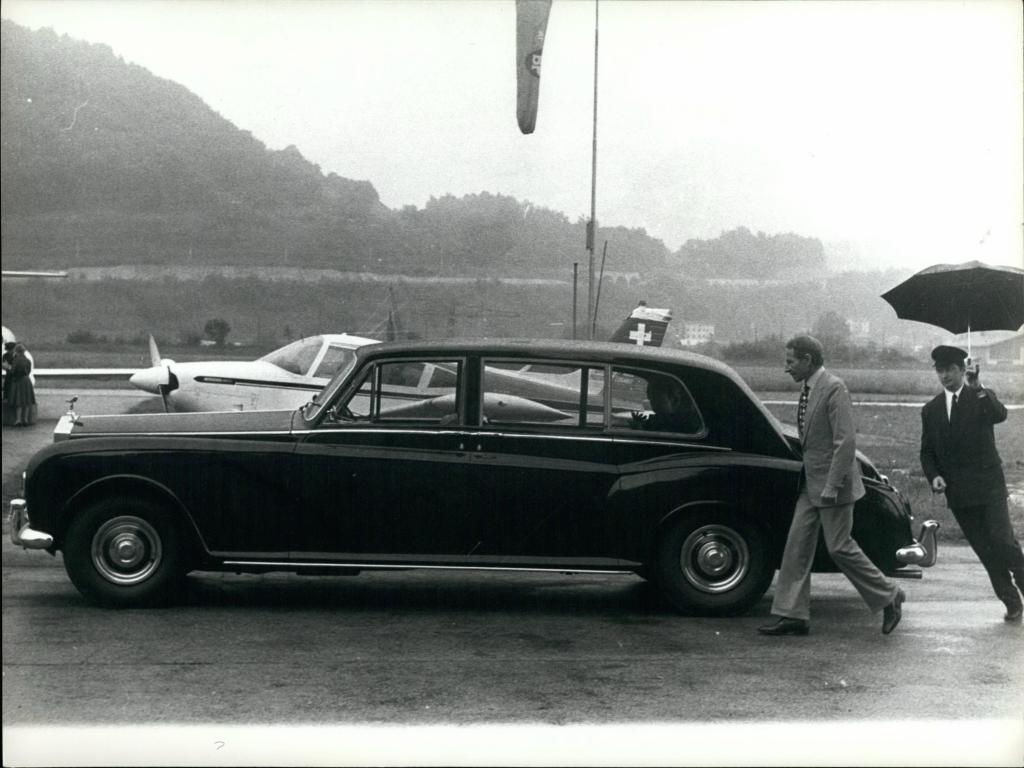
“He used his influence with the German occupiers in the Netherlands to appoint a German administrator [who would steer the business to him]. This man immediately fired my father because he opposed Aryanization and advised the owner not to sell.”
Pressured by the Nazis, the owner sold and planned on escaping to America, but before that could happen, he was captured by the Nazis.
Horten’s greed haunted Stephan’s father’s life – and impacted his family.
“My father led a lawsuit against Horten, consulted lawyers and spent a lot of money in the process,” she said. “Unfortunately, since most of the judges were old Nazis, and Horten had good relationships with them, my father lost the case.”
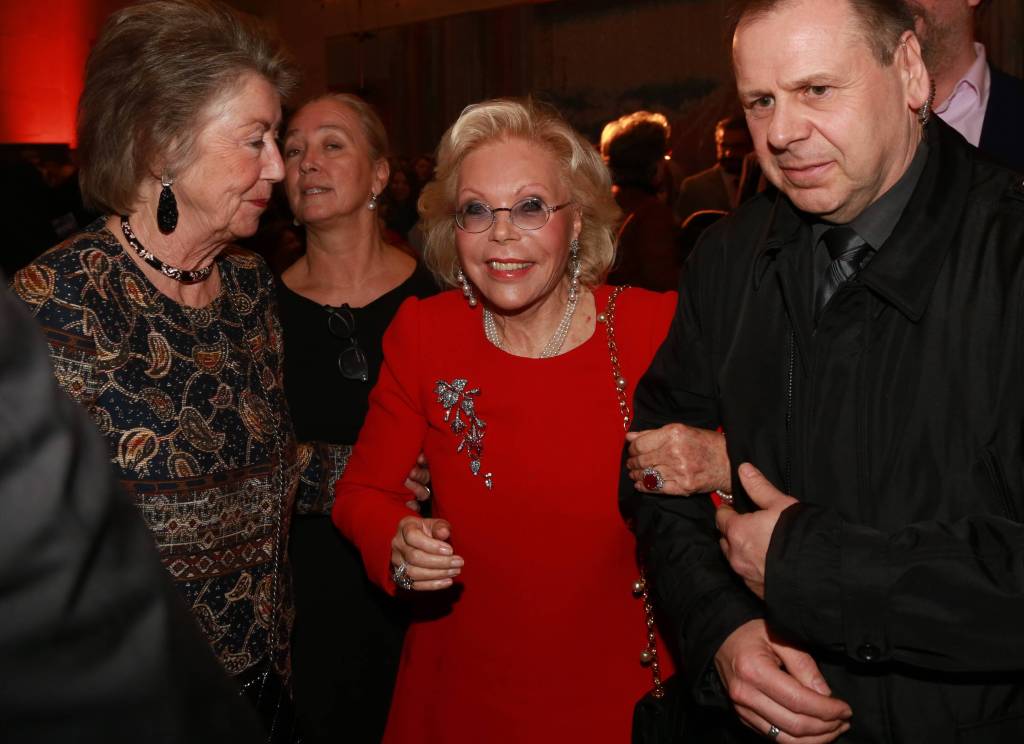
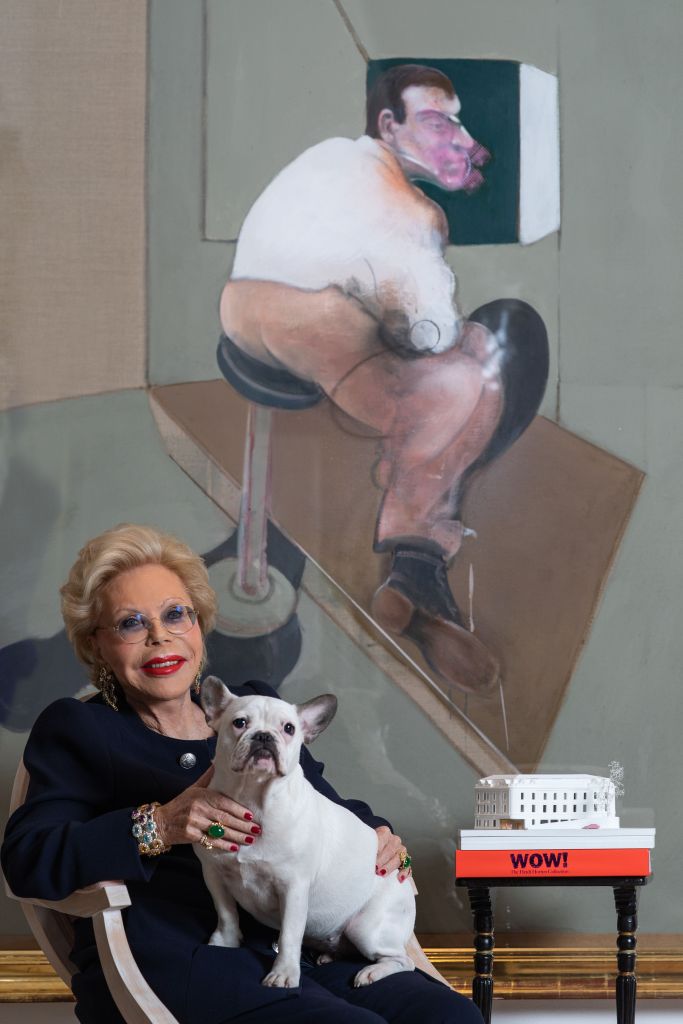
Recognizing that a fortune obtained through dirty means formed the foundation that financed the ritzy jewels — including a Bulgari diamond necklace with an estimated value of $1.5 million — Christie’s released a series of statements about the situation.
CEO Guillaume Cerutti emphasized that “all proceeds from the sale will be directed to a foundation, which supports philanthropic causes, including healthcare, children’s welfare and access to the arts.”
Cerutti also acknowledged “…awareness of the well-documented business practices of Mrs. Horten’s late first husband during the Nazi era when he purchased Jewish businesses sold under duress.”
For Stephan, such an acknowledgement is cold comfort.
“For Christie’s this auction is a matter of prestige and a matter of sales,” she said, apparently unimpressed by the green diamond pendant with a high estimated value of $1.5 million.
“[There was] no word about the past in their first announcement of the auction. They should have pointed out the history of Helmut Horten before … The basis of his fortune was money extorted from Jewish property. This fact only did make [it] possible to buy jewelry and art to such an extent.”
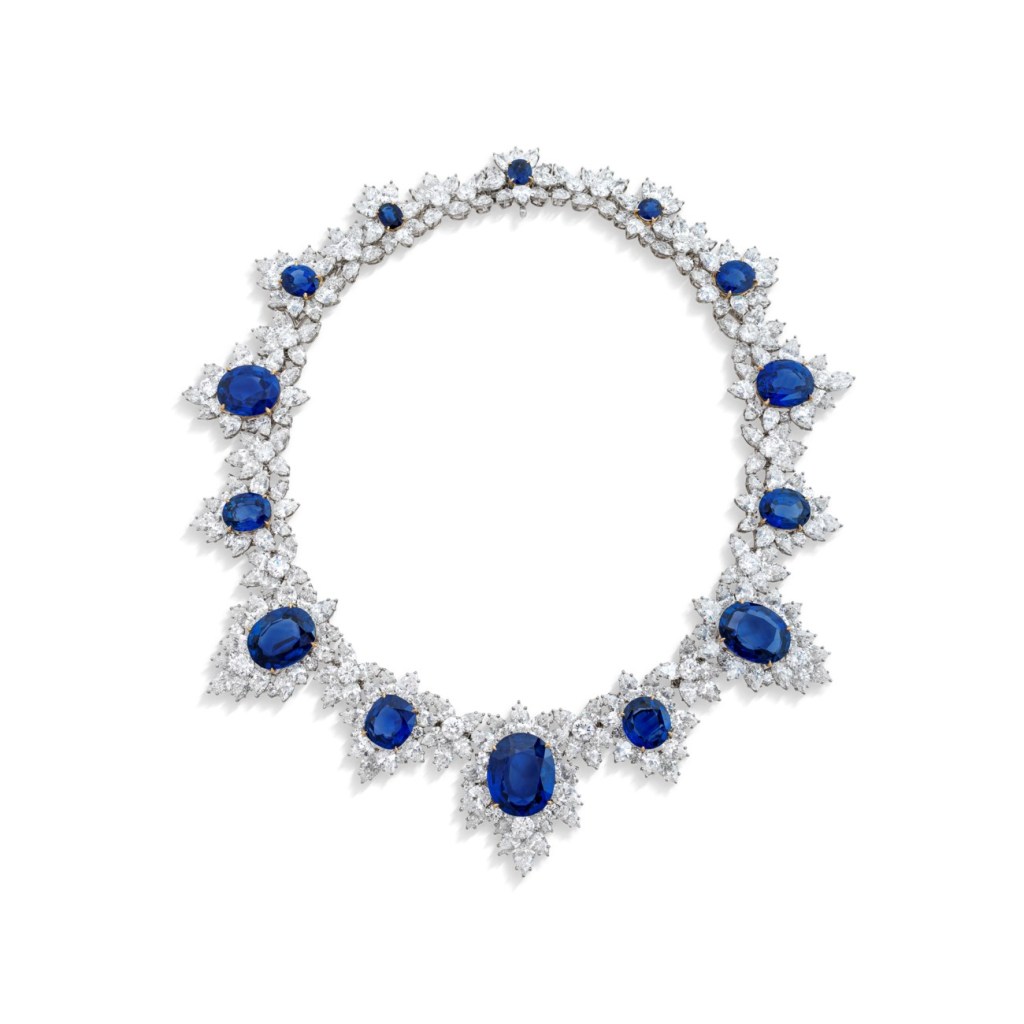
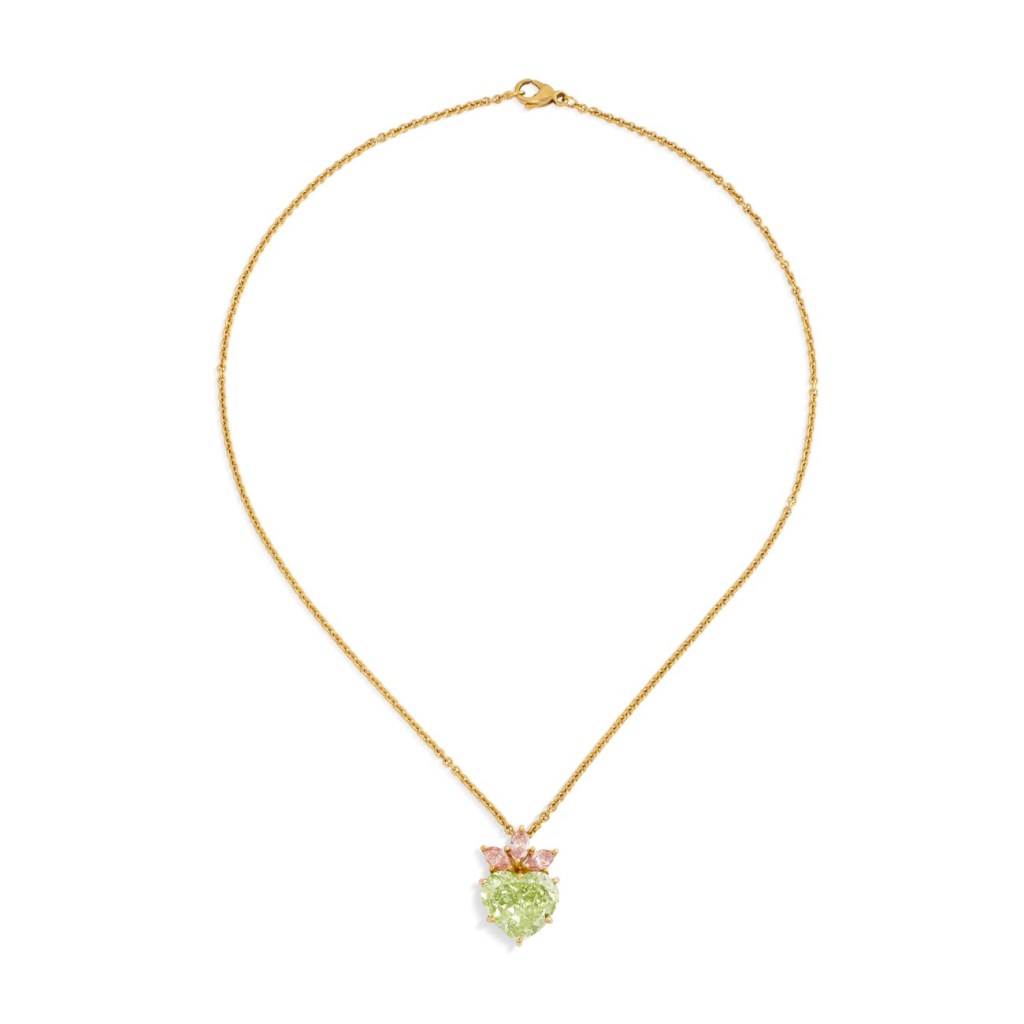
It’s difficult to say whether or not Heidi Horten knew about her husband’s unsavory get-rich scheme when she married Helmut in 1966, when she was 19 and he was around 50 years old.
She is not here to provide an answer.
However, De Jong and Stephan both believe she did.
They point to a report that Heidi commissioned, hiring a historian to research and write about his past.
“She knew about it,” said De Jong. “Or else why would she commission a study into his life?”
The report acknowledges his making money from buying Jewish-owned businesses while maintaining that he profited less than is bandied about publicly.
Added Stephan, “[At one point] I thought I’d drive over to Heidi Horton, spontaneously, and tell her my father’s story. But when I read that she had commissioned an expert opinion on her husband’s life, it was clear to me that she wanted Helmut’s past to be put in a better light and glossed over.”
As to whether or not the roots of the Horten fortune will turn people off from bidding on the glistening items, De Jong has his doubts.
“If you spend millions on jewelry,” he said, “that might not be something you think about.”
Read the full article Here


